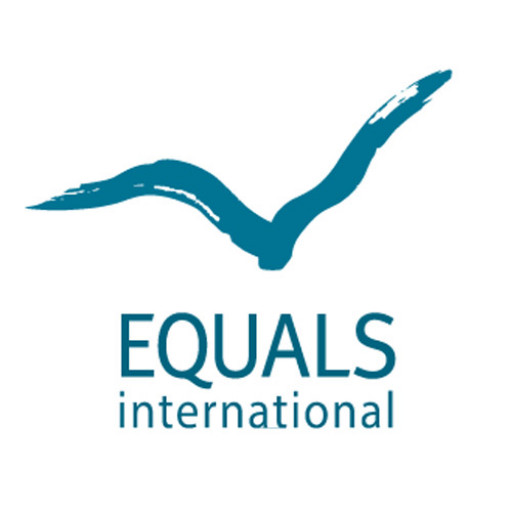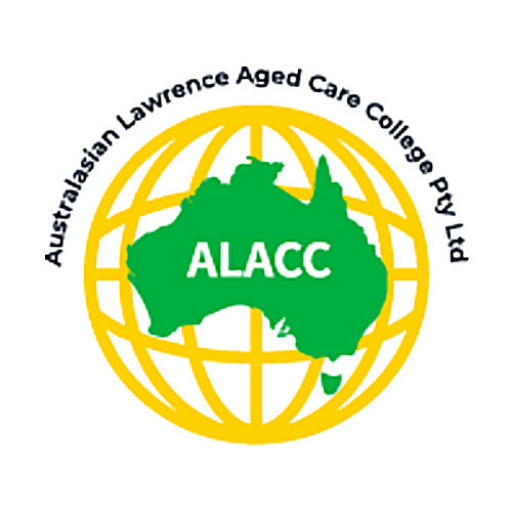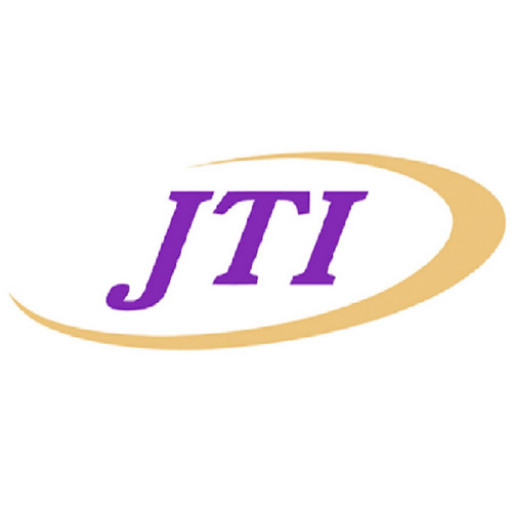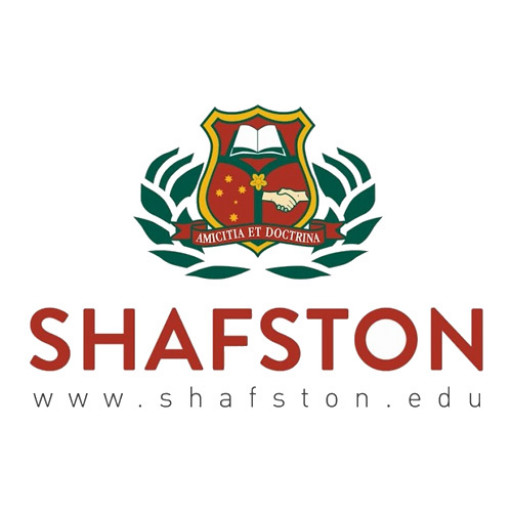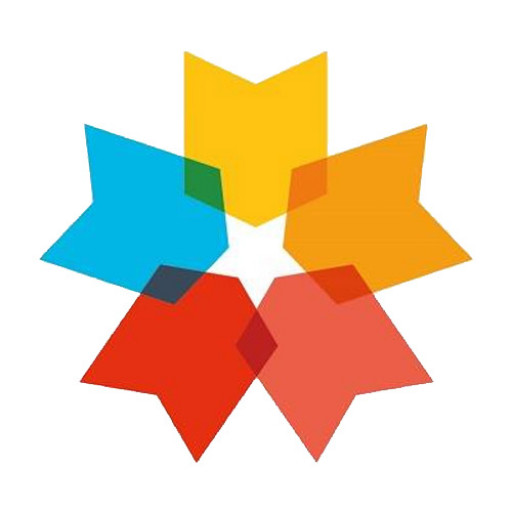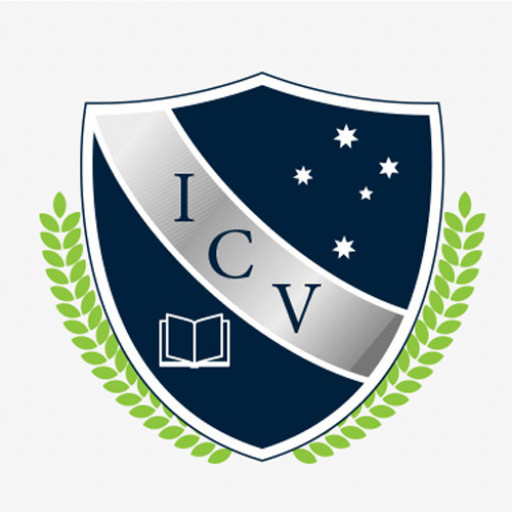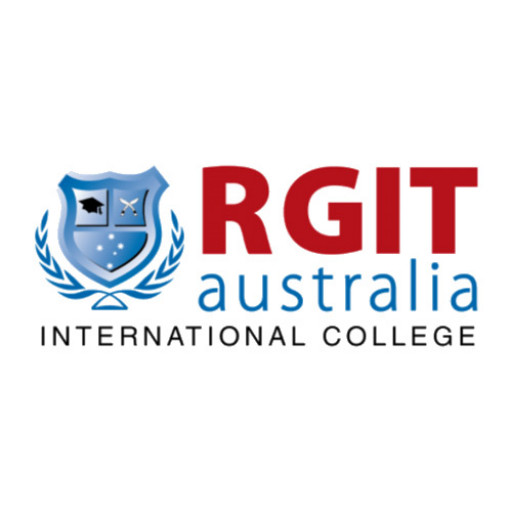The Bachelor of Early Childhood Education and Care is a comprehensive undergraduate program designed to prepare students for a rewarding career in early childhood education. This program provides in-depth knowledge of child development, pedagogical practices, and the principles of nurturing young children in diverse settings. Throughout the course, students will explore core areas such as child psychology, curriculum development, inclusive education, and health and safety protocols relevant to early childhood environments. The curriculum combines theoretical foundations with practical applications, ensuring graduates are ready to support and enhance the learning and well-being of young children from birth to age five. The program emphasizes the importance of creating engaging, safe, and inclusive learning spaces that foster children’s social, emotional, and cognitive development. Students will undertake supervised placements in early childhood education settings, gaining valuable hands-on experience to complement their classroom learning. The degree also addresses contemporary issues such as family engagement, cultural diversity, and early intervention strategies. By completing this program, graduates will be equipped to work as early childhood educators, preschool teachers, childcare center directors, or community development workers in a variety of settings including childcare centers, preschools, and family support services. The Bachelor of Early Childhood Education and Care aims to produce confident, competent, and compassionate professionals committed to making a positive difference in the lives of young children and their families. This program is ideal for individuals passionate about early childhood development and eager to contribute to the foundational years of a child’s life.
The Bachelor of Early Childhood Education and Care offered by EQUALS International (Aust) Pty Ltd is a comprehensive program designed to prepare students for a rewarding career in early childhood education. This program provides students with an in-depth understanding of child development, learning theories, and the principles of creating a safe, nurturing, and stimulating environment for young children. Throughout the course, students explore a range of topics including child psychology, health and safety, inclusive education, and family engagement, equipping them with the skills necessary to support and promote development in children from birth to age five.
The curriculum emphasizes practical experience, with students undertaking supervised placements in early childhood settings such as preschools, nurseries, and community childcare centres. This hands-on approach allows students to apply theoretical knowledge in real-world environments, develop their pedagogical skills, and understand the operational aspects of early childhood services. The program also covers legal and ethical considerations relevant to early childhood care, ensuring graduates are well-versed in compliance with regulations and best practices.
Students will learn about curriculum planning and assessment methods tailored to the developmental stages of young children, and they will gain competence in designing inclusive activities that cater to diverse learning needs. Moreover, the program fosters professional values such as teamwork, communication, and cultural sensitivity, which are essential qualities for effective early childhood educators.
Graduates of this program will be qualified to work in various early childhood settings, including preschools, long day care centers, and community services. They will be prepared to support the holistic development of children, foster positive relationships with families, and contribute meaningfully to the early childhood education sector. The Bachelor of Early Childhood Education and Care aims to produce confident, competent, and compassionate educators ready to make a positive impact in their communities.
Duration: The program typically requires completing a total of 240 credit points over a period of 2 years of full-time study or the equivalent part-time arrangement.
Entry Requirements: Applicants are generally required to have a completed high school certificate or diploma, and may need to demonstrate English language proficiency through standardized tests such as IELTS or TOEFL. Relevant work experience in early childhood settings may be considered an advantage.
Curriculum: The curriculum encompasses a comprehensive range of courses focused on child development, pedagogical practices, curriculum planning, and inclusive education. Core units include Child Development Theory, Early Childhood Pedagogies, Curriculum Design for Early Childhood, Health, Safety, and Wellbeing of Children, and Working with Families and Communities. Students also undertake practical placements totaling approximately 300 hours, enabling hands-on experience in real-world early childhood settings.
Assessment: Assessment methods include written assignments, practical demonstrations, reflective journals, and evaluations during placements. Continuous assessment ensures students develop both theoretical understanding and practical skills essential for competent early childhood educators.
Practical Experience: The program emphasizes substantial practical experience through placements in approved early childhood services, such as preschools, childcare centers, or early learning services. These placements are integral to the program, providing students with opportunities to apply their learning in diverse settings under supervision.
Professional Accreditation: The program is accredited by relevant educational authorities and meets the required standards for registration as an early childhood educator in Australia. Graduates are eligible for employment in a variety of early childhood settings and may pursue further specialization or postgraduate study.
Additional Requirements: Students may be required to undertake a Certificate of Capabilities in Children’s Services or similar, and must comply with child protection regulations, including criminal history checks and immunizations, prior to placements.
Language Proficiency: For international students, evidence of English proficiency is mandatory, with minimum scores typically required to satisfy admission criteria.
Note: Specific program requirements may vary slightly depending on the academic year and institutional policies; always consult the official program guide for precise details.
The financing options for the Early Childhood Education and Care program offered by EQUALS International (Aust) Pty Ltd encompass a range of potential funding sources designed to assist students in covering tuition fees and related expenses. International students enrolling in this program are generally eligible for a variety of financial aid options, including government grants, scholarships, and payment plans, although specific offerings can vary based on eligibility and prevailing policies.
Students may qualify for government subsidized places through programs such as the Australian Government’s Importantly, international students not eligible for Australian government funding generally need to finance their studies through private means, such as personal savings, family contributions, or private loans. EQUALS International (Aust) Pty Ltd may also offer payment plans that allow students to spread the cost of tuition over several installments, making it more manageable to meet financial commitments.
Additionally, some students might access external scholarships or sponsorships provided by other educational institutions, government agencies from their home country, or private organizations. These awards often require application and selection processes, with criteria focusing on academic merit, financial need, or country of origin.
It is important for prospective students to carefully review the cost breakdown provided by EQUALS International (Aust) Pty Ltd, including tuition fees, resource fees, and any additional charges that may apply, to plan their finances accordingly. The institution encourages early financial planning and offers guidance on available financial assistance options.
Furthermore, students should consider other costs related to their studies, such as accommodation, travel, and living expenses, which are not covered by the tuition fees and should be accounted for in their overall budget. The institution’s support services can provide advice on managing these costs and exploring financial planning resources.
In summary, financing studies for the Early Childhood Education and Care program involves exploring government subsidies for eligible students, applying for scholarships or sponsorships, utilizing payment plans provided by the institution, and preparing for additional personal expenses. Prospective students are advised to contact EQUALS International (Aust) Pty Ltd directly to receive detailed, up-to-date information on available financial assistance, eligibility criteria, and application procedures to ensure they can fund their education effectively.
The Early Childhood Education and Care program offered by EQUALS International (Aust) Pty Ltd is designed to equip students with the essential skills, knowledge, and practical experience necessary to foster the development and wellbeing of young children. The program emphasizes a comprehensive understanding of child development theories, safety and health standards, and effective teaching strategies tailored to early childhood settings. It covers a broad range of topics including developmental milestones, learning theories, inclusive education practices, and family engagement. The curriculum integrates both theoretical coursework and hands-on internships, allowing students to apply their learning in real-world environments under the supervision of experienced professionals. This approach prepares graduates to work confidently in diverse early childhood settings such as preschools, childcare centers, and community organizations.
The program also focuses on the development of communication skills, cultural competence, and ethical responsibilities central to working with young children and their families. Students are introduced to current policies and regulations governing early childhood education to ensure compliance and best practice. The qualification aims to meet national standards for early childhood educators, enhancing employability and career progression within the sector. The coursework is delivered through a combination of lectures, workshops, and practical placements, supporting different learning styles. Upon graduation, students are equipped to pursue a range of career pathways including early childhood educator, childcare director, or early years consultant. Additionally, the program encourages ongoing professional development and lifelong learning, recognizing the dynamic nature of early childhood education. Its flexible study options and accessible online platform enable students to balance their studies with personal and professional commitments while gaining a reputable qualification recognized across Australia and the broader region.
